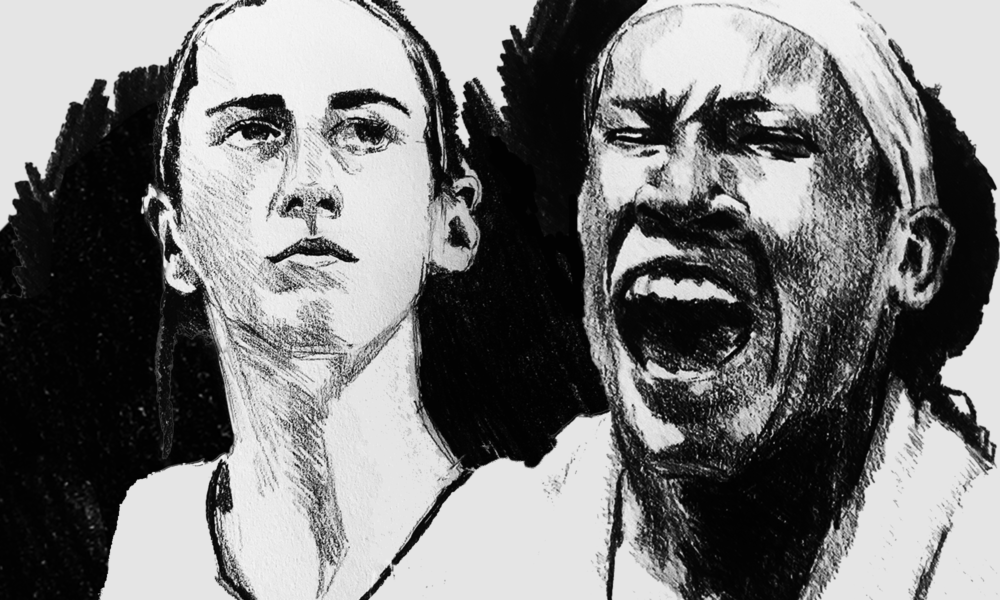You might know Whoopi Goldberg from her witty hosting on The View or her iconic role as a nun in Sister Act. What you might not know is for the past 16 years, Goldberg has been planning something entirely new: The first 24/7 all-women’s sports network in the U.S., straight-forwardly titled All-Women’s Sports Network (AWSN).
The network officially launched on Nov. 13, and it is the first of its kind in the U.S., dedicated entirely to showcasing women’s sports. Co-created by Goldberg and Jungo TV, AWSN is available in 65 countries and is projected to reach over 2 billion people worldwide, providing comprehensive coverage of women athletes at all levels for various sports. The network includes coverage of soccer, cricket, table tennis, volleyball, field hockey, judo, and more—as Goldberg said in an interview on The Tonight Show with Jimmy Fallon, “If a woman is playing it, we’re showing it.”
It’s about time—women’s sports deserve the spotlight, not just as a niche interest but as a central part of the global athletic narrative. Back in 2001, Canada launched the world’s first 24-hour Women’s Television Sports Network (WTSN), but it shut down after a measly two years—a failure that many attributed to the controversial idea that women simply didn’t watch sports as much as men. However, in recent years, things have changed. United Nations Women (UN Women) reports that seven out of 10 people globally watch women’s sports, and over half of them started only in the past three years. In one year alone, between 2022 and 2023, the Women’s Super League saw a 258 per cent increase in internet searches. There is undoubtedly a demand for more women’s sports in the media.
This demand for representation becomes more pressing when considering the positive effects of sports on young girls. According to UN Women, engaging in sports can enhance physical health, improve mental well-being, and foster a sense of belonging. Despite these benefits, by the age of 14, the rate of girls dropping out of sports is double that of boys, largely due to a lack of representation, resources, and role models. When girls don’t see women athletes who look like them in the media, it sends a message that sports aren’t a space for them. This is where AWSN can make a real difference: By showcasing a diverse array of women athletes across various sports, it has the potential to inspire the next generation.
Another barrier that AWSN can help overcome is the discrimination and stereotyping faced by women athletes, especially racialized ones. This is something that thousands of people across the world witnessed in the 2024 Paris Olympics, when sports commentators and even politicians questioned Algerian boxer Imane Khelif’s biological sex and speculated that she must be a man simply because of her athletic strength and success. This blatant discrimination is exactly why platforms like AWSN are so crucial. By giving women athletes the visibility they deserve, AWSN pushes back against the deeply ingrained biases that continue to undermine them.
But here’s the reality: The success of AWSN depends entirely on whether we pay attention. The demand for women’s sports is undeniable, but it won’t mean a thing if viewers don’t tune in. This network represents a pivotal moment in sports media, a chance to prove the naysayers wrong and show that women’s sports are not just a niche market—they’re a vital, untapped reservoir of talent, excitement, and passion. AWSN can only be the game-changer it’s poised to be if we, the audience, choose to support it. Young girls must be shown that the effort and time they put into their sport is valued, and that there is potential for their passion to go beyond just recreation—and this only happens when viewers choose to watch.
By actively watching, engaging, and investing in platforms like AWSN, we’re not just inching toward equity; we’re sprinting.








